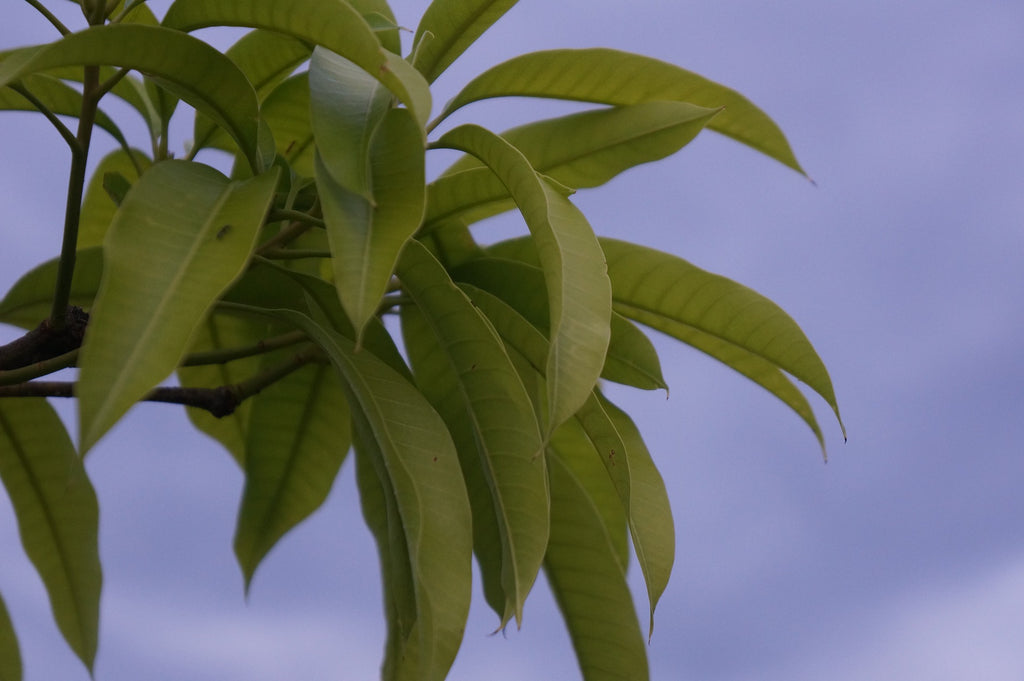An old story says that one of the reasons why elephants seek out the marula tree is that the ripe fruit makes them drunk. Elephants have been observed behaving erratically or playfully around Marula trees and the story developed into elephants getting drunk from eating the fermented fruit. It would take thousands of fermented fruit to inebriate one elephant and they are observed to like the fresh fruit better.
Women do brew an alcoholic drink called Baganu from the fruit pulp. The fruit is also used to make a popular South African export combining cream, sugar and marula fruit called Amarula Cream Liqueur.
 Image by Nici Keil from Pixabay
Image by Nici Keil from Pixabay
The importance of Marula extends far beyond being brewed as alcohol.
The Marula tree is a fruit tree that grows across sub-saharan regions of the African continent. People have had a relationship with the trees for thousands of years, and use all parts of the tree - leaves, bark, fruit and kernel - for medicine, as drink and food, and for spiritual / religious purposes. The tree has long been cultivated and is also valued for being attractive to pollinators.
The Marula is a dioecious species meaning that the male and female are separate trees. The male tree produces male flowers while the female tree produces female flowers and then bears fruit. The tree belongs to the same family as mango, pistachio and cashew.
The fruit is a thin layer around a white kernel. The oil is extracted from this kernel and often the fruit is also pressed to create oil. In many places in Africa the oil is used for multiple purposes. It is used in cooking, for preserving meat, and for skincare.
The oil is light in texture which helps it to penetrate the skin and absorb quickly. The oil has warm undertones combined with a floral, fruity scent which makes it popular for use in perfumes. In most places in Africa, the oil has been used to treat the skin and for its anti-inflammatory and protective qualities.
More recently, companies have begun using it in skincare and conducting studies which have confirmed the wisdom of its traditional uses. The oil is emollient and won’t clog pores. It is very hydrating, and because the oil is similar to the oil produced in the skin it can be anti-inflammatory and soothing.
 Image by Bishnu Sarangi from Pixabay Cashew Tree
Image by Bishnu Sarangi from Pixabay Cashew Tree
Marula oil is high in the antioxidants vitamins C and E and so will prevent damage from free radicals.
The oil is particularly beneficial for hair and the scalp. Our Marula Reparative Conditioner and Marula Oil Hair & Scalp Deep Treatment deliver the benefits of marula oil to both the scalp and hair. It is light, won’t weigh the hair down and will add shine to the hair and may prevent split ends from developing. The skin of the scalp will benefit from the hydrating effects of the oil as well as the antioxidants. I know I ignore my scalp. I think many people do. I will definitely be adding scalp massages using marula oil to my repertoire!
Note on this post's images: to illustrate blog posts, I seek out unlicensed photos. Unfortunately, there were no unlicensed photos of the Marula tree or its fruit available, so I illustrated with close relatives - mango and cashew trees.




Leave a comment